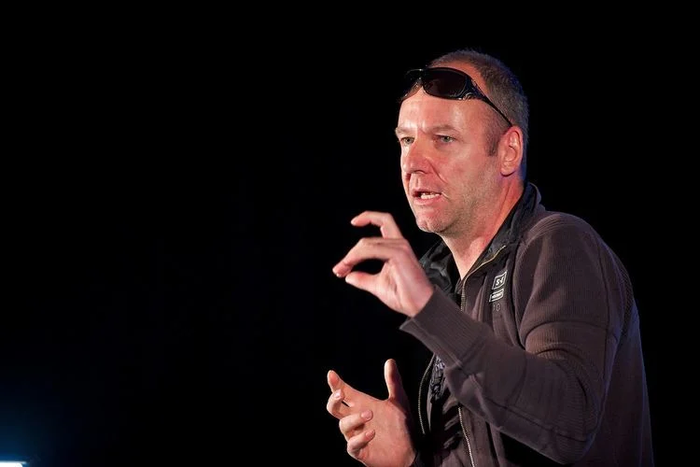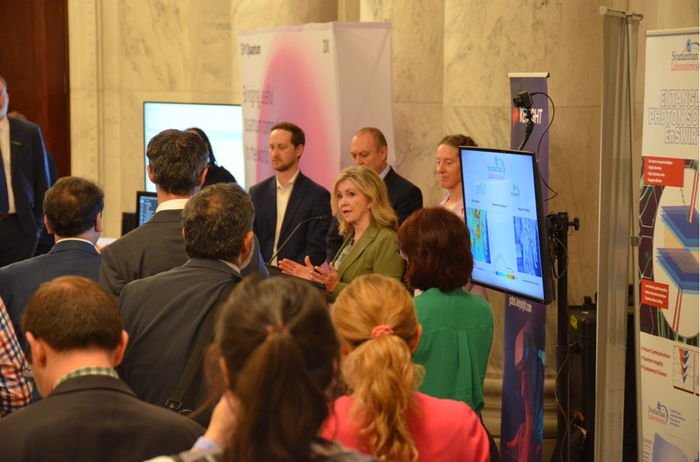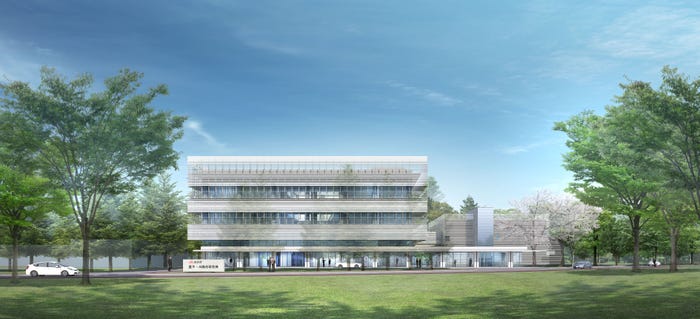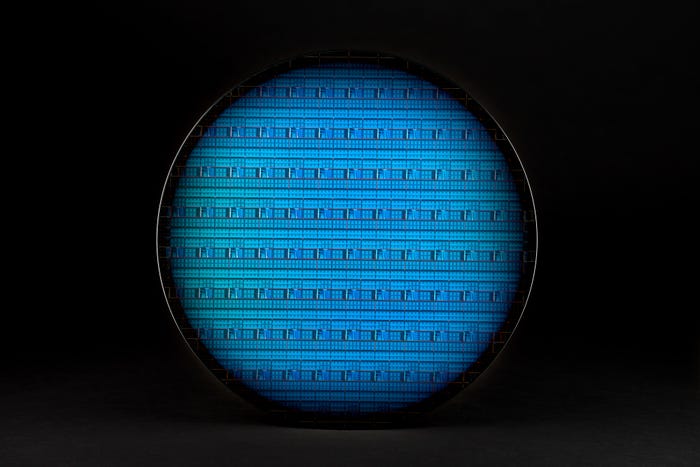
Connects decision-makers and solutions creators to what's next in quantum computing
US Intelligence Agency Pursues Quantum Computing Advancement
IARPA wants to investigate the role of logical qubit interaction in quantum error correction and fault tolerance
February 2, 2024
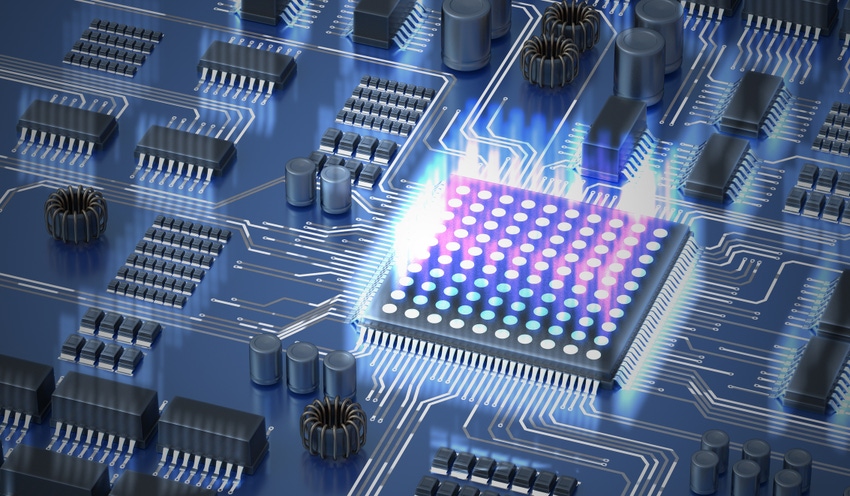
US Intelligence Agency Pursues Quantum Computing Advancement
IARPA wants to investigate the role of logical qubits and error correction in quantum fault tolerance
The U.S. Intelligence Advanced Research Projects Activity (IARPA) has launched a program that aims to achieve fault tolerance, the next hurdle on the road to quantum advantage.
IARPA is the research and development arm of the Office of the Director of National Intelligence. It plans to investigate how to achieve future quantum computers that can solve physics, chemistry and mathematics problems that classical computers cannot.
The program, Entangled Logical Qubits (ELQ), aims to provide the intelligence community with insights into achieving error correction and fault tolerance in quantum computers. It will look into interactions between logical qubits (LQs), the qubits that carry out calculations in universal fault-tolerant quantum computing (UFTQC). Most paradigms use additional qubits to carry out the error correction.
Researchers on the program will build, operate and entangle LQs to demonstrate quantum teleportation, which describes passing quantum information from one LQ to another, ideally without error.
“To the noise and errors that plague computing with physical qubits, UFTQC offers an antidote,” said ELQ program manager Michael Di Rosa.
“IARPA’s previous quantum programs showed that the fundamentals behind UFTQC work in practice, and now we are taking the next significant step toward a UFTQC future through ELQ and its success.”
IARPA has awarded contracts to teams from ETH Zurich, Harvard University, the University of Innsbruck and the University of Sydney to support its research.
The Air Force Research Laboratory, Johns Hopkins University Applied Physics Laboratory and Sandia National Laboratories plan to provide test and evaluation work for the program.
ELQ plans to use government-equipped capabilities from MIT Lincoln Laboratory, the National Institute of Standards and Technology and Sandia National Laboratories.
You May Also Like
